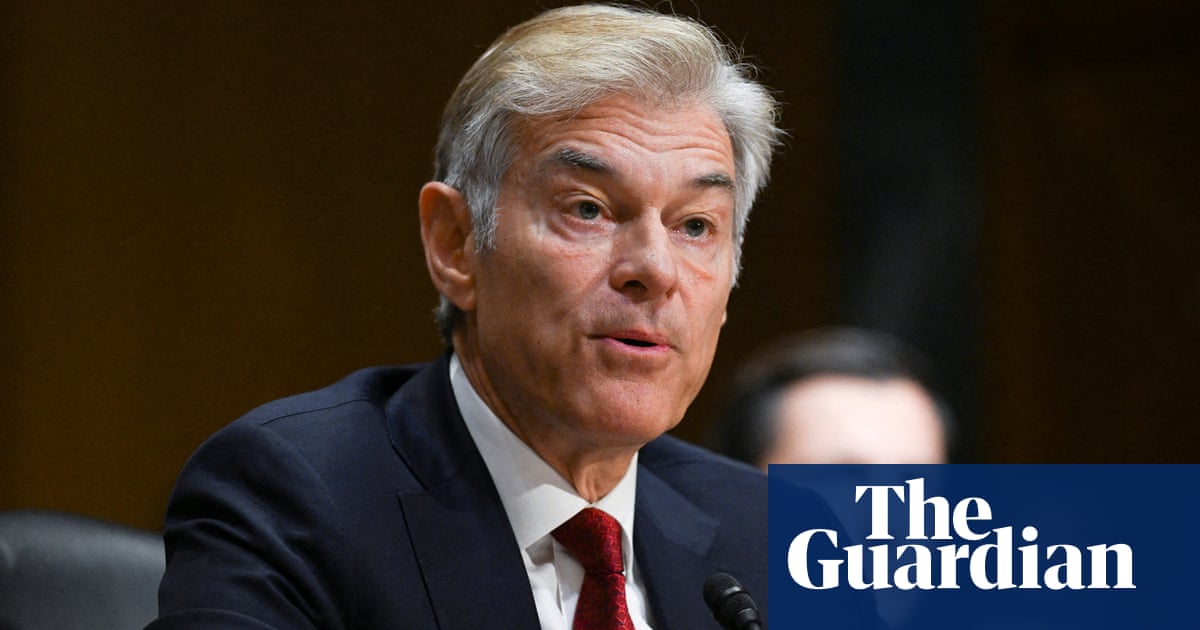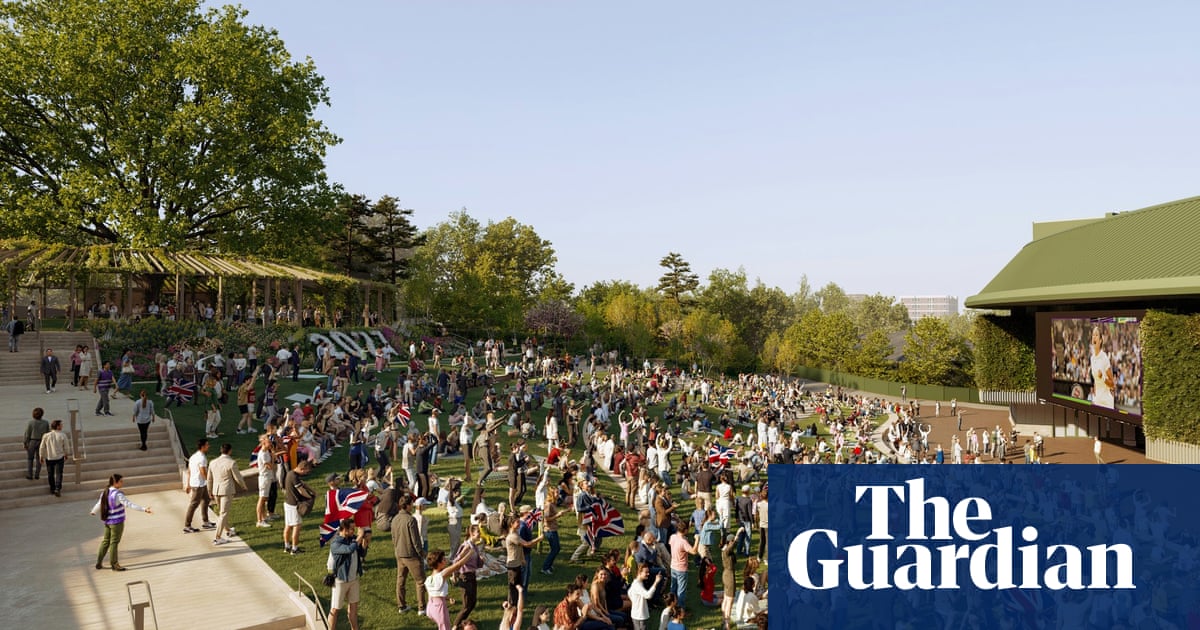When Olguita Acuña starts singing and playing guitar, the audience in San José, Costa Rica’s capital city, responds with chants of “Olga! Olga!”.
“My people cry, and they cry for all the blood shed due to the repression,” she sings in one song. Another is about missing her grandmother’s funeral because she could not return to her home country.
Acuña is from Nicaragua but, like many people gathered for the performance, fled to neighbouring Costa Rica in 2018 after taking part in protests in the capital, Managua, sparked by president Daniel Ortega’s social security reforms.
Within six months of the demonstrations, police and pro-government paramilitary forces had killed hundreds of protesters. Many more were injured, harassed and monitored. Acuña says that after she joined the protests she received death threats, and her family home in Managua was set on fire.

“I knew I was getting my family in danger,” says Acuña. Her mother told her: “I’d rather have you far from me than buried.”
Acuña is one of more than 100,000 Nicaraguans who have fled Ortega’s deadly crackdown on dissent and free speech since 2018.
She studied diplomacy and international affairs in Nicaragua, and worked as a call centre training specialist, but when she first arrived in San José, she sold popcorn on the street and busked.
When a friend of a friend heard Acuña sing, they offered her a gig in their restaurant. Acuña played Nicaragua Nicaragüita, a pro-revolution song from 1980 by Carlos and Luis Enrique Mejía Godoy, celebrated Nicaraguan brothers also now living in exile, in the US and Costa Rica, respectively.

“I cried in the middle of the song,” Acuña says, recalling her first gig. “I felt devastated, because it was that point where you realise, ‘I’m probably not going to be coming back as soon as I expected.’”
Acuña was offered more gigs and began writing her own songs about political prisoners and hope that Ortega’s grip on Nicaragua will loosen. “Liberty, freedom and peace … the exile is just temporary. I know I will go back to Nicaragua. I will come back to you,” she sings in one.
As well as songs supporting political exiles, she writes about sexism and violence against women. In November she joined other Nicaraguan women at an anti-domestic violence march in San José.
“The songs I write, it’s about what goes through me as a lesbian immigrant living in Costa Rica,” she says. “About being a woman and what it means to be a woman.”
Among Acuña’s audience at her San José show are members of Volcánicas: a feminist Nicaraguan exile group based in the city. The group offers advice to fellow female Nicaraguan exiles, and publishes podcasts and articles highlighting their plight. In 2023, Volcánicas profiled Acuña on their website, describing her music as “the art of resistance”.
Lyris Diana, a 26-year-old Volcánicas member who also fled Nicaragua to San José in 2018, says music has been important for protest and feminism in Nicaragua for generations.

“The fact that we know what happened back then [during the civil war] in Nicaragua is because of songs written about it,” says Diana. “And the women who were killed, who had miscarriages because of interrogation, the torture and horrors of the war. Art is absolutely necessary to understand where we’re coming from.”
Acuña, who describes herself as an “artivist”, sees herself as part of this tradition, with a duty to raise awareness of her country’s political situation. “It is easier to get a song across to the public than a political speech. We, the artists, have a huge responsibility with historical memory,” she says, as she sets off for her third gig in two days.

.png) 2 months ago
25
2 months ago
25













































